Niamh O'Mahony • November 3, 2023
If you have had the pleasure of breathing in Australia lately, you’ve likely been victim to the cost-of-living crisis across the country. Official figures from the Australian Bureau of Statistics (ABS) show that living costs are the highest they have ever been.
Mortgage interest rates have hit 6%.
Petrol has well surpassed $2 per litre.
Insurance costs have jumped by 14.7%.
82% of CEOs have flagged this crisis as one of the main threats to business growth in Australia. In the face of price hikes and tax increases, candidate behaviour has shifted. Some want job security as they worry about the future of the economy, while others hope to find relief in the form of an increased wage.
The skills market is still very tight – many candidates are in a strong position to negotiate.
A salary that would have been accepted just a year ago has become less attractive across many industries. The cost-of-living crisis has driven salaries up, yet this demand creates further inflation. It’s a continuous cycle of conflicting forces driving stubborn inflation.
Whilst immigration is one solution to the skills deficit, it is also a major driver of inflation via consumer spending and the pressure it exerts on our overcooked rental market.
When our clients struggle to achieve increased salary sign-off, we recommend the introduction of a bonus structure. Whether sign-on, retention, annual or spot (for delivering milestones), bonuses can help to attract candidates while simultaneously relieving the pressures and disparities a higher salary can create.
Other benefits such as hybrid working can be attractive as this provides candidates with flexibility and the opportunity to save on work-related expenses such as commutes, food, and Friday arvo beers. This is especially attractive for candidates whose current employers do not offer such a solution.
The reality of hiring in a cost-of-living crisis is that if you cannot offer a point of differentiation against your competitors, you will not win the best candidate in the market. Whether you plan to increase salaries, offer bonuses, or encourage hybrid working – candidate decisions are increasingly influenced by the in-pocket funds available to them at the end of each month.
As the saying goes, 'cash is king'.
This adds a further level of hiring complexity within the current market. Although you may want to hire the most skilled individual for your position, it may well cost you. Casting a wider net over the talent market and looking for lateral hires may be your best option. Or, considering prospects with less experience and lower salary expectations, but high potential, could be your answer.
The cost-of-living crisis is causing undeniable salary increases, but how you manage and reposition your candidate offering is what matters.
Of course, cash isn’t
always king. The position, environment, progression opportunities and level of interesting work you can offer are all major driving factors for candidates.
This is why we invest in our marketing. How we sell a position and advocate on our client’s behalf is the differentiation between North Search and our competitors. Unfortunately, the current environment is driving these quality factors to second place for many individuals.
If you’re unsure how to compete with key industry players in the battle for successful talent, we’re happy to provide you with some advice. Get in touch.
















